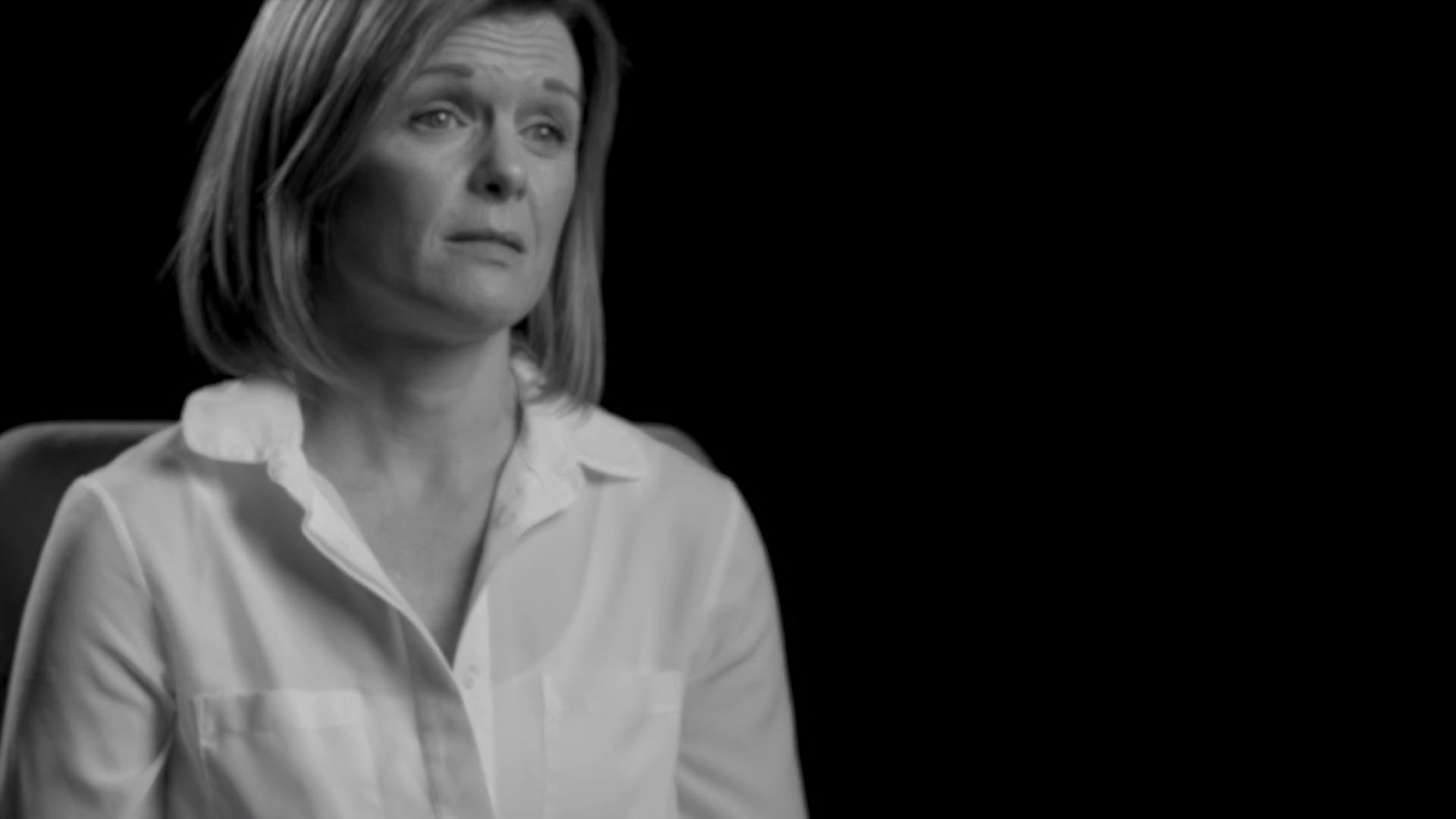
Minimizing Burnout & System Pressure
 Motivational Interviewing in Health Care
Motivational Interviewing in Health CareI just thought I can't carry on like this. I can't walk into clinic every day feeling this way, feeling like I'm trying to persuade people to change, and nothing was coming from it. I just felt like I was going through the motions and ticking boxes and just doing what I had to do to get paid at the end of the day. I'd lost my heart in it. A huge volume of the problems that we encounter in health care are a result of people struggling to look after their own health and lifestyle. Patients really need to consider how they can lead healthier lives.
And that's where MI comes in. In brief consultations, you can bring in a different style of communication, which turns the patient from the recipient of advice in healthcare to being an active participant and taking control of their healthcare. If you think of a normal day for us in general practice, by four, five o'clock, I would have had been in contact with at least sixty patients already. It is exhausting. You're worried about making mistake. You're worried about missing something in poor, and I find that MI technique really helps to actually energize me. It was the most valuable skill I've learned, you know, in in all of my healthcare career.
I I I think it's made me the most effective doctor that I've ever been because I've learned this skill. And it made me the happiest doctor that I've ever been because of learning motivational interviewing I get way more satisfaction from the job that I do, much less exhaustion, much less burnout, It's completely tuned to me. I'm a practice. It's a real world out there with some really tough problems. And the more deprived the community, the tough are the problems and the more pressure there is on the practitioner. Here's a chance. Okay. Here's a chance to look after yourself better not to have to solve problems patients, and that is such a burden.
It holds the promise of patients taking greater charge of their own health and utilizing health care less.